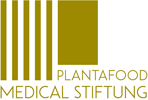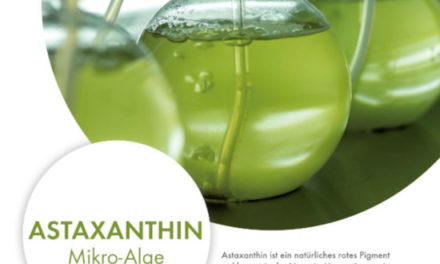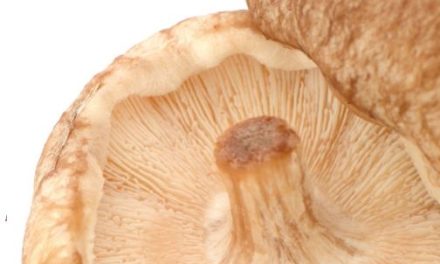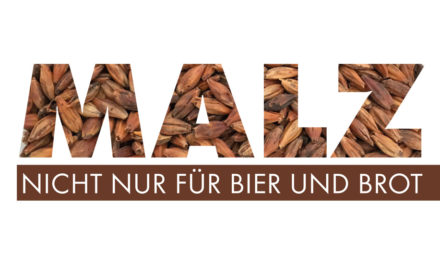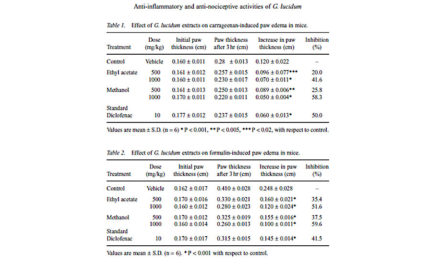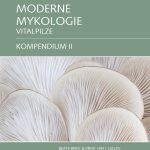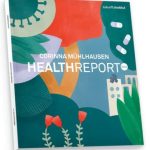The safety of green tea and green tea extract consumption in adults – Results of a systematic review
Jiang Hua, Donna Websterb,∗, Joyce Caoc, Andrew Shaod
a Worldwide Scientific Affairs, Herbalife Nutrition, Torrance, CA 90502, USA b Product Science, Herbalife Nutrition, Torrance, CA 90502, USA
cGlobal Post Market Safety Surveillance, Herbalife Nutrition, Torrance, CA 90502, USA
d Independent Consultant, Rancho Palos Verdes, CA 90505, USA
Abstract
A systematic review of published toxicology and human intervention studies was performed to characterize potential hazards associated with consumption of green tea and its preparations. A review of toxicological evidence from laboratory studies revealed the liver as the target organ and hepatotoxicity as the critical effect, which was strongly associated with certain dosing conditions (e.g. bolus dose via gavage, fasting), and positively correlated with total catechin and epigallocatechingallate (EGCG) content. A review of adverse event (AE) data from 159 human intervention studies yielded findings consistent with toxicological evidence in that a limited range of concentrated, catechin-rich green tea preparations resulted in hepatic AEs in a dose-dependent manner
when ingested in large bolus doses, but not when consumed as brewed tea or extracts in beverages or as part of food. Toxico- and pharmacokinetic evidence further suggests internal dose of catechins is a key determinant in the occurrence and severity of hepatotoxicity. A safe intake level of 338 mg EGCG/day for adults was derived from toxicological and human safety data for tea preparations ingested as a solid bolus dose. An Observed Safe Level (OSL) of 704 mg EGCG/day might be considered for tea preparations in beverage form based on human AE data.
(…)
Keywords
Green tea, Green tea extract (GTE), Catechins, Epigallocatechingallate (EGCG), Hepatotoxicity, Safety
